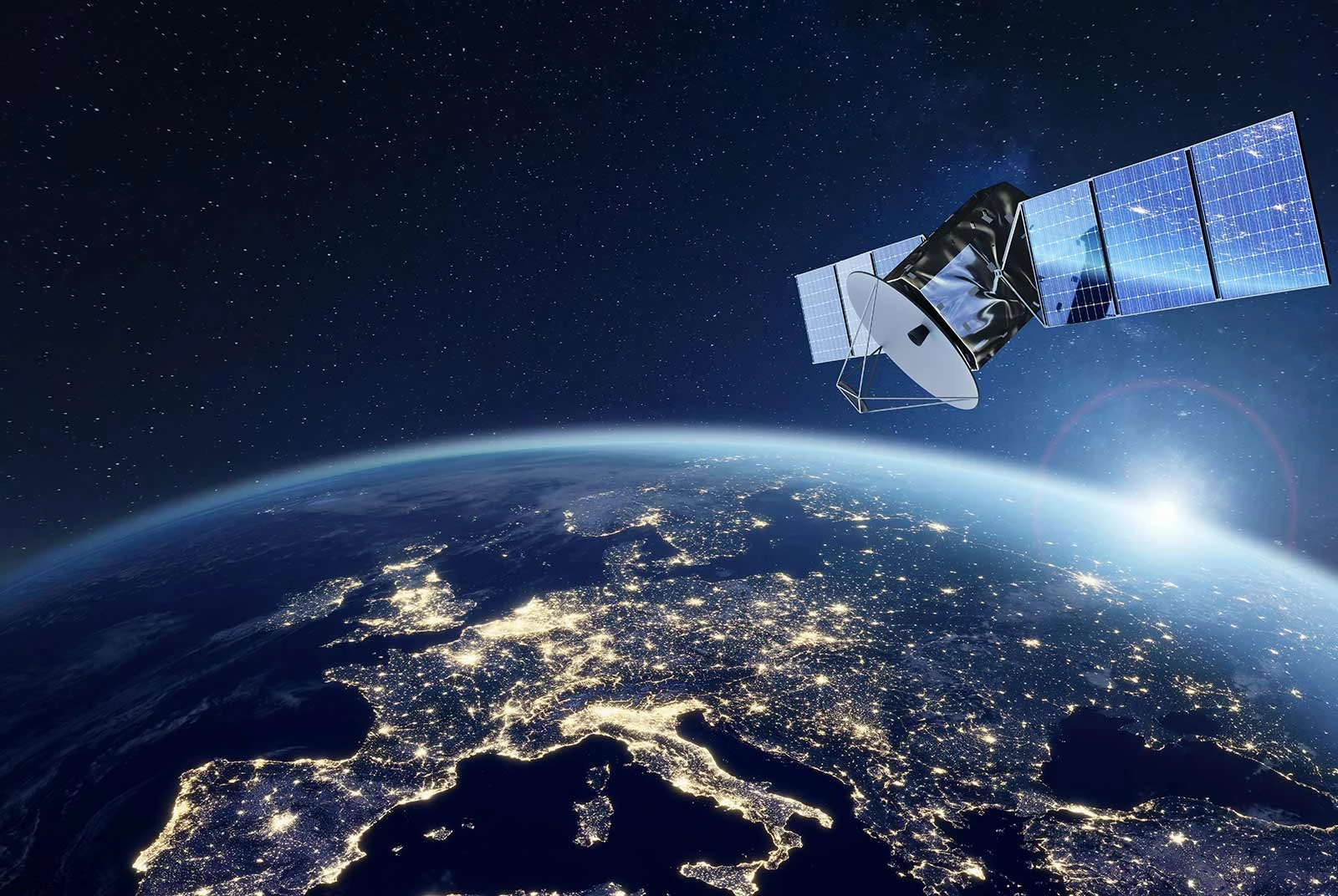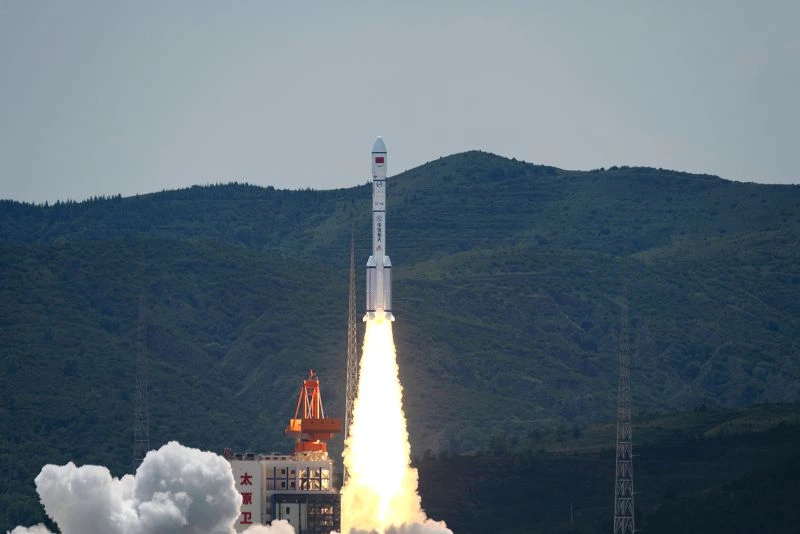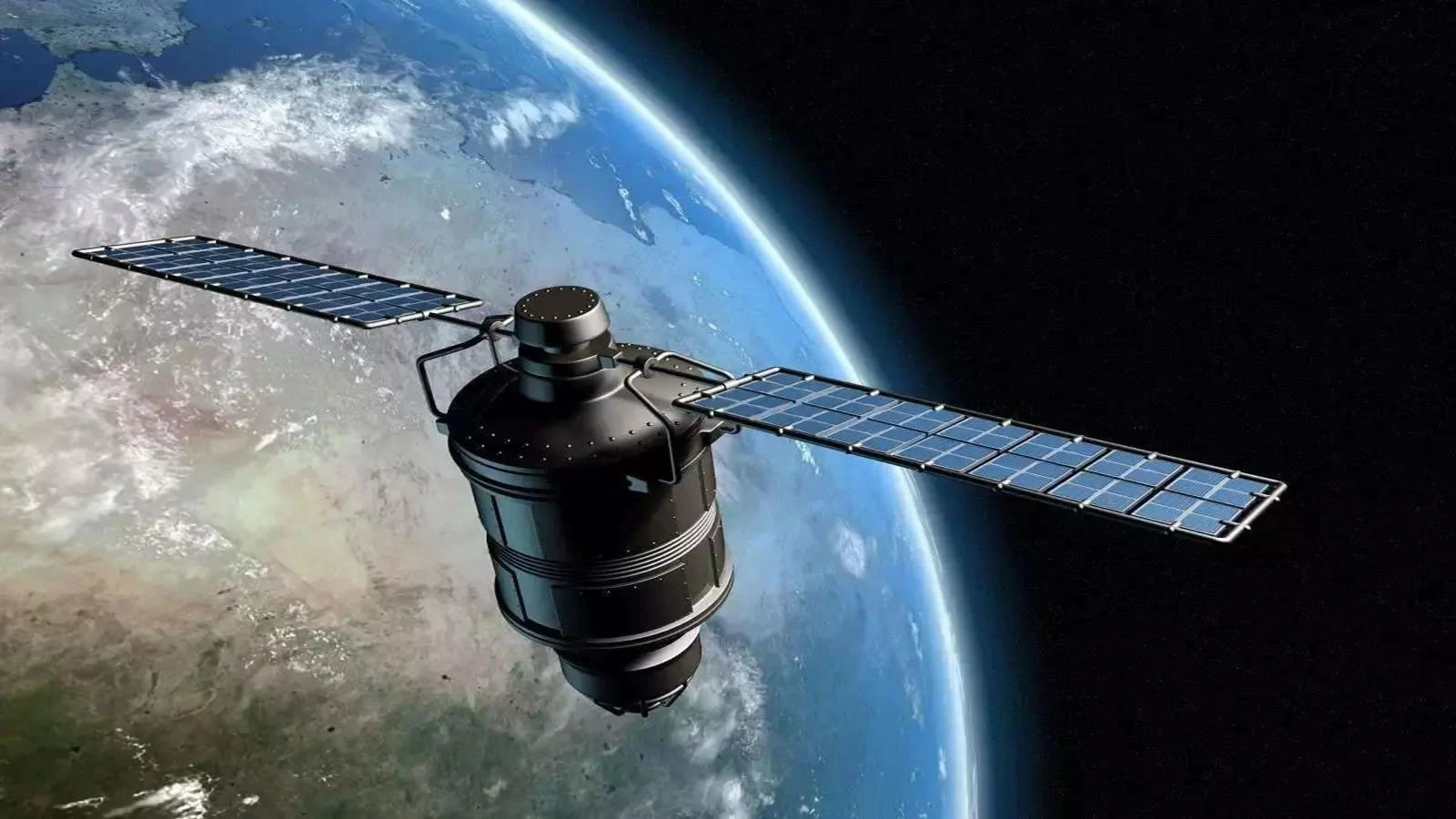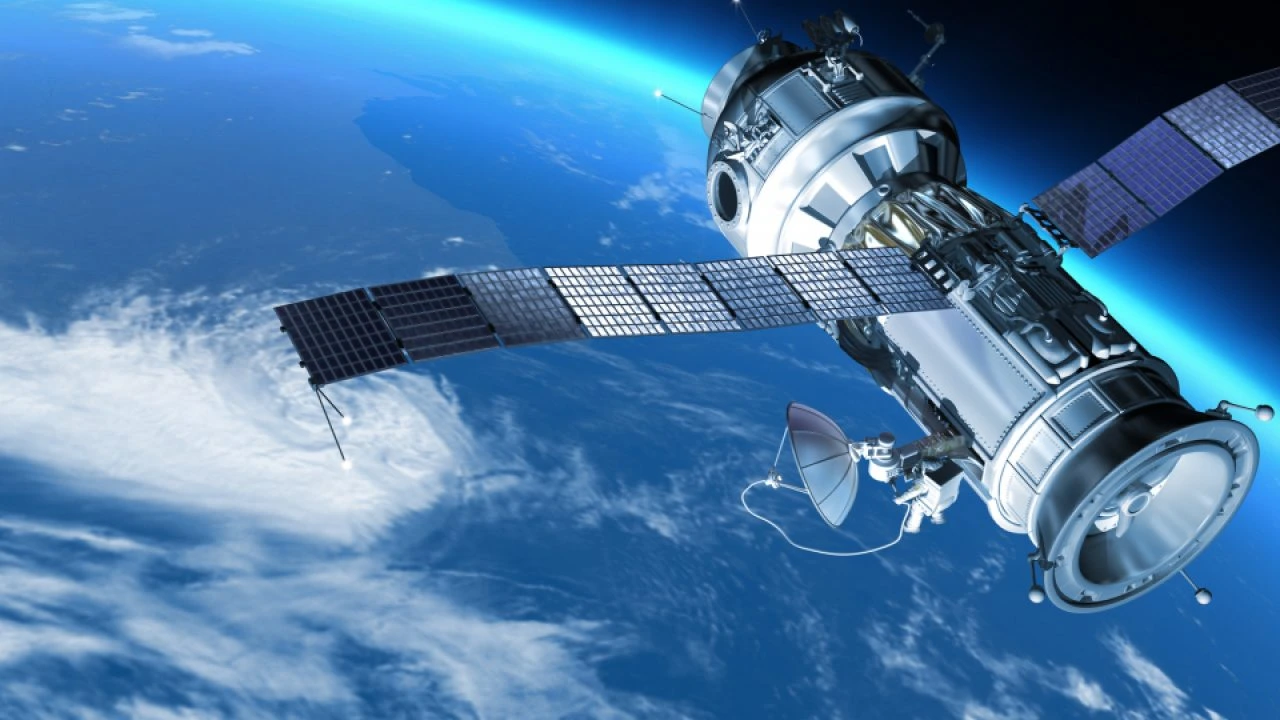In a dramatic twist in the satellite internet industry, Chinese companies are aggressively positioning themselves as formidable competitors to Elon Musk’s Starlink and Jeff Bezos’s Project Kuiper. With significant state backing and strategic international collaborations, these Chinese entities are not just challenging but also redefining the competitive landscape of global satellite communications.

SpaceSail’s Ambitious Satellite Constellation Plans
In recent developments, Shanghai-based SpaceSail has been making headlines with its rapid expansion plans and international outreach. Notably, in November, SpaceSail signed an agreement to begin operations in Brazil and has initiated discussions with over 30 countries, with recent activities starting in Kazakhstan as confirmed by the Kazakh embassy in Beijing. This move signifies a clear intent from China to stake its claim in the lucrative market of satellite internet services, traditionally dominated by Western companies.
The growing concerns among Western analysts are not unfounded. There is a palpable worry that Beijing’s foray into satellite internet could extend its ability to enforce internet censorship globally, particularly in the Global South. This fear is compounded by China’s record-breaking launch of 263 low-Earth orbit (LEO) satellites last year, a significant increase that underscores its commitment to becoming a powerhouse in space technology.

Strategic Implications and Global Responses
Dwarfing its competitors, SpaceSail plans to deploy 648 LEO satellites within the year and aims to expand to 15,000 by 2030. To put this in perspective, Starlink currently has about 7,000 satellites and is targeting a fleet of 42,000 by the decade’s end. The magnitude of SpaceSail’s plans not only challenges Starlink but also positions the Chinese company as a leader in the satellite internet domain.
The SpaceSail constellation, named Qianfan or “Thousand Sails,” represents China’s first significant international push into satellite broadband. It is part of a broader strategy that includes three other Chinese satellite constellations. Beijing’s ambitious goal to launch a staggering 43,000 LEO satellites in the coming decades further highlights its intent to dominate this high-stakes technological field.

A New Frontier in Satellite Internet
The implications of China’s aggressive expansion in satellite technology are profound, extending beyond commercial competition to geopolitical tensions. The American Foreign Policy Council has raised alarms about Beijing’s potential to influence digital domains globally, suggesting that the U.S. should enhance cooperation with nations in the Global South to counter China’s advancements.
Moreover, the inclusion of the satellite initiative in China’s Belt and Road Initiative indicates the strategic importance Beijing places on these technologies. Critics argue that this is less about providing global internet access and more about expanding China’s geopolitical influence.

As the satellite internet market evolves, it increasingly resembles the early, lawless days of the American West, with pioneers rushing to claim their stakes. SpaceSail and its competitors are not just launching satellites; they are defining the new rules of engagement in space. Antoine Grenier, a global head of space at Analysys Mason, notes that the industry is “busy experimenting,” with pioneers enjoying “relative freedom” to shape the market dynamics.
The entry of Chinese players like SpaceSail is a game-changer in the satellite internet industry. It represents not only a challenge to established players like Starlink and Project Kuiper but also a shift in how global internet access might be shaped in the decades to come. With the stakes this high, the satellite internet industry’s future promises to be as dynamic as it is uncertain.










